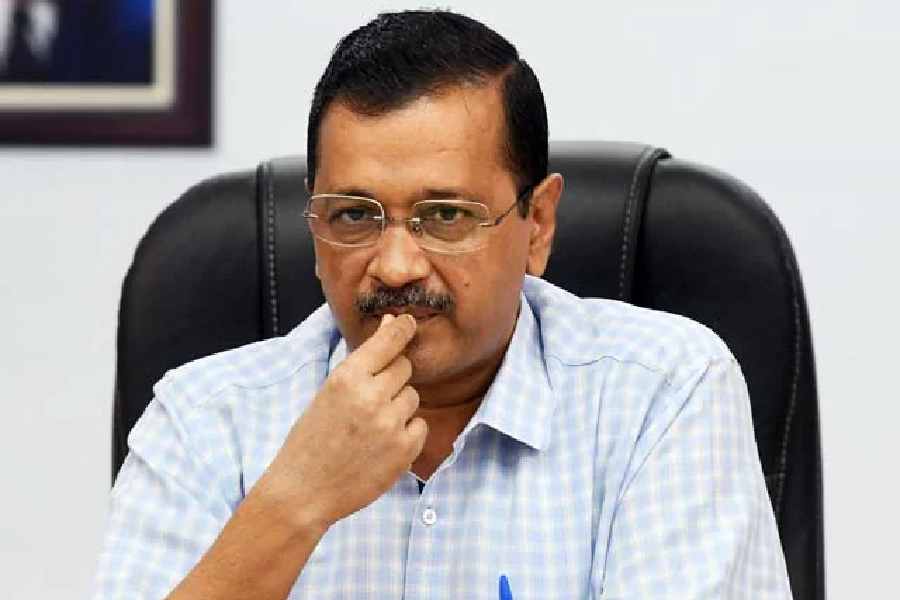Days after the German Foreign Ministry’s comment over Delhi Chief Minister Arvind Kejriwal’s arrest the US said that it demands a fair, transparent, legal, and timely process for Kejriwal who was arrested last week on Thursday in an excise-related money laundering case. A US diplomat was summoned by the Indian Ministry of External Affairs over the comment he made on Tuesday.
Table of Contents

Mathew Miller, a spokesperson of the US State Department, reiterated the statement of the US diplomat on Wednesday, March 27, and said that the US has been closely observing how the Indian government is constantly taking action against the opposition parties with the elections coming up. Miller told the reporters about the Congress party’s allegations of freezing their bank accounts by the tax department which would make it difficult for them to carry out the election campaign ahead of Lok Sabha polls.

German foreign office urges for “impartial trial” of Kejriwal
Last week, when asked about the arrest of Delhi CM, Sebastian Fischer, a spokesperson for the Foreign Ministry of Germany, said in a government press conference on March 22 that like any other Kejriwal is entitled to an “impartial” trial. India summoned a German diplomat on the very next day (Saturday, March 23) to express its dissent against such comments.

India raises strong protest
According to the government of India, nations should respect each other’s sovereignty and internal matters in diplomacy. It also stated that the country has an independent judiciary system that works according to its own ways and slandering it is not at all justified.
US voices concern over religious freedom in India
Earlier on March 15, US Ambassador Eric Garcetti at the India Today Conclave raised concern over religious freedom and equality in India regarding the implementation of the Citizenship Amendment Act, 2019. He said that the US cannot give up on its principles even though India is one of its closest allies.

On March 25, days after the rules for the implementation of CAA were announced by the Central government of India, Stephen Schneck, the Commissioner of the USCIRF (United States Commission on International Religious Freedom) said that the Act creates a religious divide by granting citizenship to the people who seek refuge in the country based on their faith. He added that the law explicitly excludes Muslims from applying for the citizenship of the country despite its secular foundations.
The USCIRF Commissioner David Curry has recently urged the US government to engage with the Indian government to persuade the release of human rights activists, belonging to the religious minority communities of India, who have been imprisoned with the charges of UAPA for years.

India denies any allegations made against it
However Indian government has repeatedly rejected the complaints of USCIRF (which is an independent, bipartisan autonomous body of the US government, formed by the US Congress to keep track of, analyze, and document the religious freedom of international countries) as “misinterpretation of facts” and justified its action. The foreign policy experts of India have further accused a section of the US institution with certain political inclinations of interfering in the internal matters of other countries and shrugged off the responsibility of addressing the allegations brought against the government of the country.



